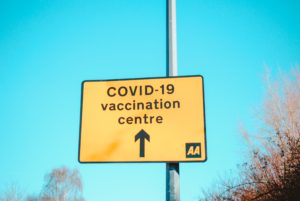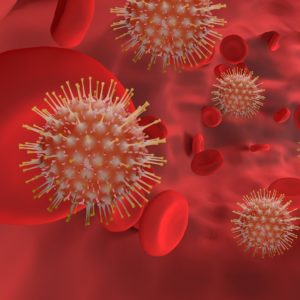A new study has shown that only a third of 9-year-olds and half of 13-year-olds are willing to have a COVID-19 vaccination compared to more than three quarters of 17-year-olds
Vaccination and vaccine hesitancy
Treating needle fears may reduce COVID-19 vaccine hesitancy rates by 10%
A new large-scale study shows that a quarter of the UK adult population screens positive for a potential injection phobia. Strikingly, these individuals were twice as likely to report that they were COVID-19 vaccine hesitant – that is, they would put off getting vaccinated or indeed never get the jab. The study indicates that if all injection anxiety in the population was removed then just over 10% of instances of vaccine hesitancy might disappear too.








